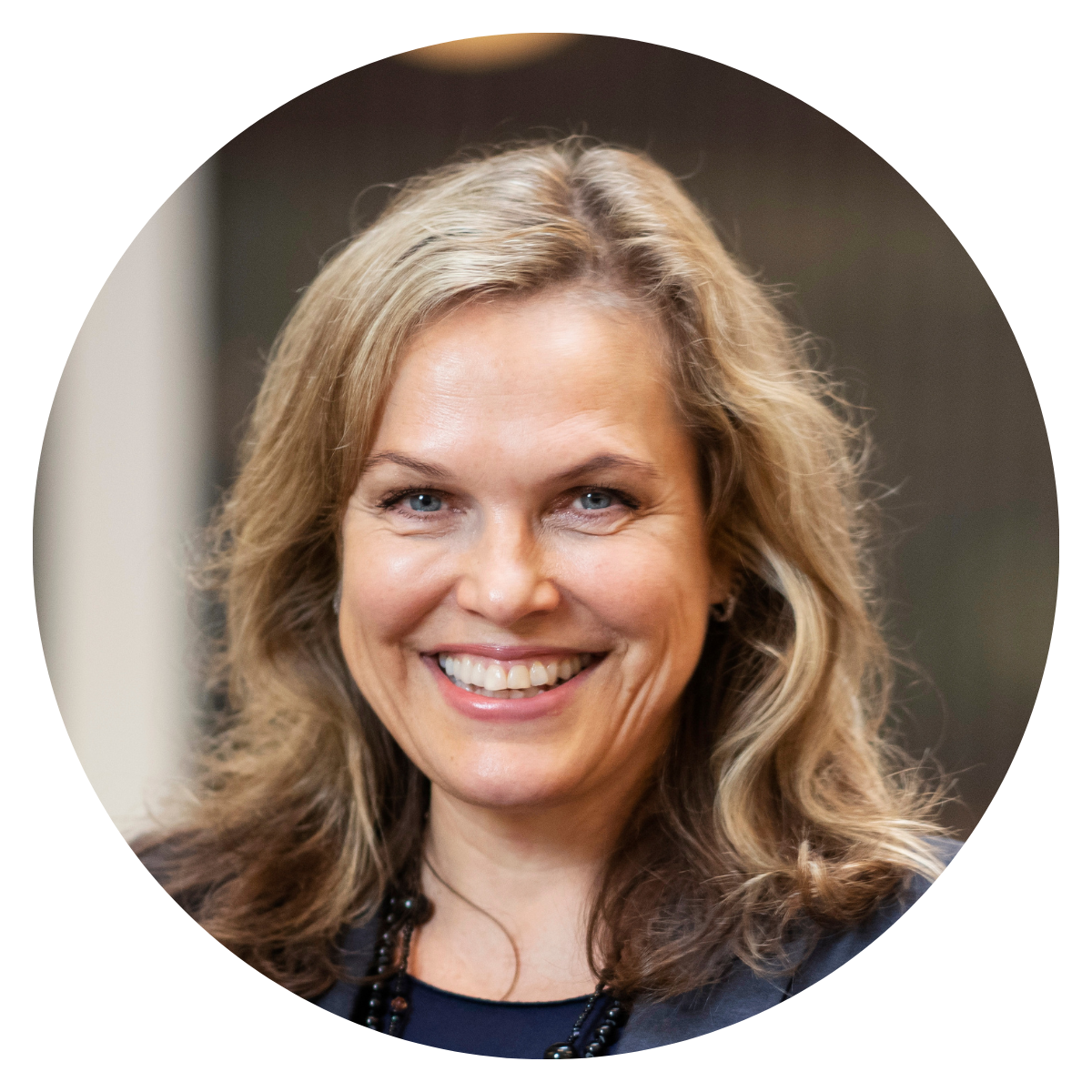What's happening in your supply chain? In Asia? In Africa? In South America? In Toten?
.png)
Interview with Siri Engesæth, CEO of Factlines in Business Norway.
Your business is much more than your home office in the safety of Norway. What happens at your suppliers? Do they follow laws and regulations? Do they meet the requirements for ethical operations? You can now keep track of all this with a few simple keystrokes.
- Factlines AS offers a full check of both certifications and requirements. Everything is done digitally and flexibly with a few simple keystrokes," says CEO Siri Engesæth of Factlines AS.
- With our platform and experience, controlling your supply chain is a simple matter. What used to require endless phone calls and paperwork is now done with the help of a screen and an intelligent system," she continues.
No idea where to start
Many have no idea where to start, and find it challenging to familiarize themselves with all the certifications that exist and the requirements that customers place on them. Many get an aha moment when they start checking backwards with their suppliers.
- The supply chain can be completely different than you think. Very often there are some hidden intermediaries that do not add value. You can have a product that comes directly from the factory to the supplier. You think you're in control. But then it turns out that you actually get a similar product that is manufactured in a completely irresponsible way. The product is laundered through agents and looks as shiny and glossy as the original product you think you're buying," says Engesæth.
Stock rings in the water
- We see that when companies ask for documentation from their supplier in a serious way, the supplier will be more careful about where they source products from. And those who ask, get products from the serious part of the production. If you don't ask, you get products from the chain where the supplier makes the most money," says Engesæth.
But where to start? It can seem like an almost insurmountable task.
- Many people think that they'll tackle this later, and then it doesn't happen. There's always something more urgent. Many people also think in very black and white terms. That either you have to do this one hundred percent, or it will have to wait. Then it easily becomes insurmountable. But by just starting somewhere, you create ripples that can produce great results," says Engesæth.
Take the first steps
By asking questions to the nearest supplier, you set off a chain reaction. If the supplier is not in complete control, they will ask questions to their closest supplier again, and thus something valuable has been set in motion. But it can be good to get help from a professional supplier.
- Many people have tried to do this themselves, and then you often find that the more you send out, the more you have to do. You never stay up to date. Especially if there are suppliers who do not want to release information," says Engesæth.
Get a picture of where the fire is
Factlines surveys all suppliers, whether it's 5 or 5,000. They collect the data, and purge. Within two months, you get a list of risks and what measures the company should take to improve. You get a picture of where things are burning.
- We recommend that you do this once a year. This is a continuous process. And we see a clear change when we ask problematic suppliers again after one year," she says.
Digital system support
Factlines provides digital system support so that work is not person-dependent. The processes run smoothly, and anyone in the company can pick up the thread when the colleague in charge is not present.
- You don't have to search through your inbox and archives. You can just log in and quickly get an overview of the projects," says Engesæth.
Factlines already delivers solutions to customers such as Flytoget, Staples, Europris, Felleskjøpet and Mediq.
- "We deliver a system that provides a full overview of who has been cleared and who needs to be reminded. You don't have to nag and follow up on suppliers, and you can spend your time on other things," says Engesæth.



